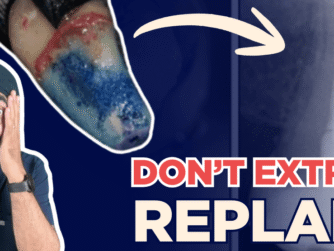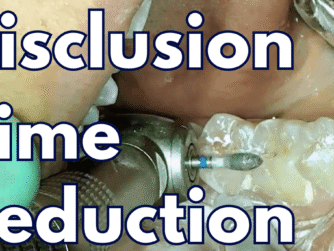Podcast: Play in new window | Download (Duration: 1:07:36 — 95.3MB)
Subscribe: RSS
Recession is one of the those diagnoses we make all the time – lots of our patients have recession. I always struggled to decide when we should be proactive with recession and suggest surgery – it is very easy to monitor recession through photos and measurements. Specialist Periodontist Dr Amit Patel discusses his decision making when it comes to recession defects. He also discusses his journey which is very encouraging as it teaches us that you DON’T have to have it all figured out from the start….
Protrusive Dental Pearl: What do you do if your patient is bleeding after an extraction and you’re struggling with haemostasis? You can try placing a hot tea bag on the socket (no, really!) – the tannic acid in the tea bag will aid blood clotting. So next time you have a bleeder in the chair, remember, ‘time for a cup of tea!’
In this episode we discussed:
- Knowing when to refer recession to a Periodontist for surgery vs monitoring (23:39)
- Communicating to patients whether to have some treatment done now or later (26:02)
- Miller’s classification (30:05)
- Why can we get 100% root coverage (32:36)
- Do GDPs have a role in carrying out Perio surgery (42:53)
- Advice for patients to prevent recession to get worse (48:30)
- Realistic expectations to patients about what kind of aesthetic complications to accept as a compromise (52:01)
If you liked this episode, you might also enjoy the episode, Should you specialise?







